The 47th Academy Awards, which took place in 1975, are still an important part of Hollywood history. They were full of controversy, political comments, and memorable moments. In the 1970s, social movements and action started to mix with the glitz and glamour of the movie business. This ceremony was a symbol of this change in culture.

Dustin Hoffman, who was nominated for Best Actor, spoke out against the Oscars, calling them “ugly” and “grotesque.” This set the tone for the rest of the night. Even though he was nominated for an award for his role as Lenny Bruce in the biopic film Lenny, his dislike was clear.
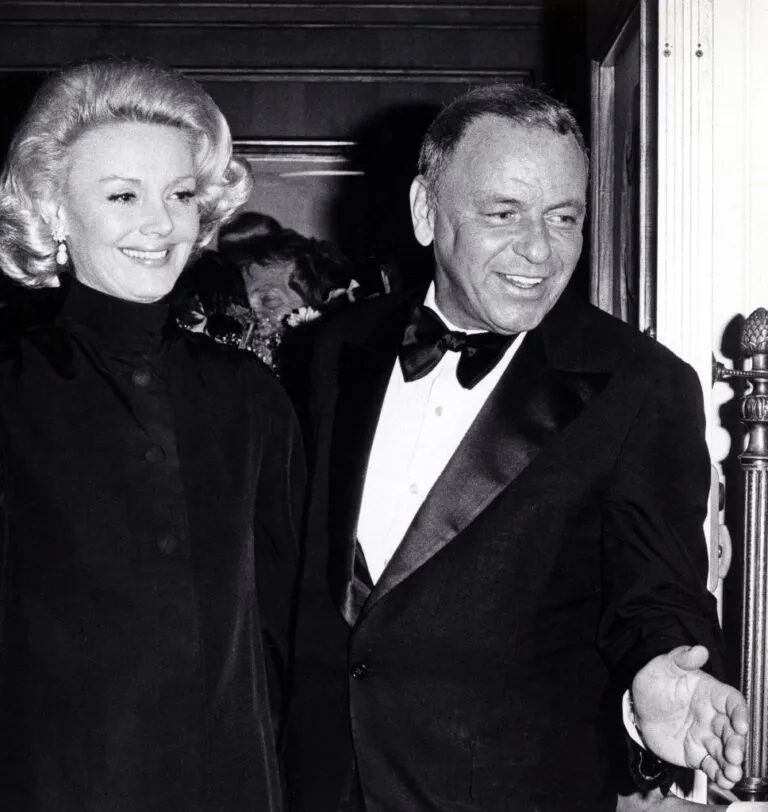
When Hoffman spoke out, host Frank Sinatra made fun of him and joked that if Hoffman won, someone else would accept on his behalf. However, the audience’s lukewarm reaction showed that things were getting more serious, which was a reflection of the troubled times in the country.
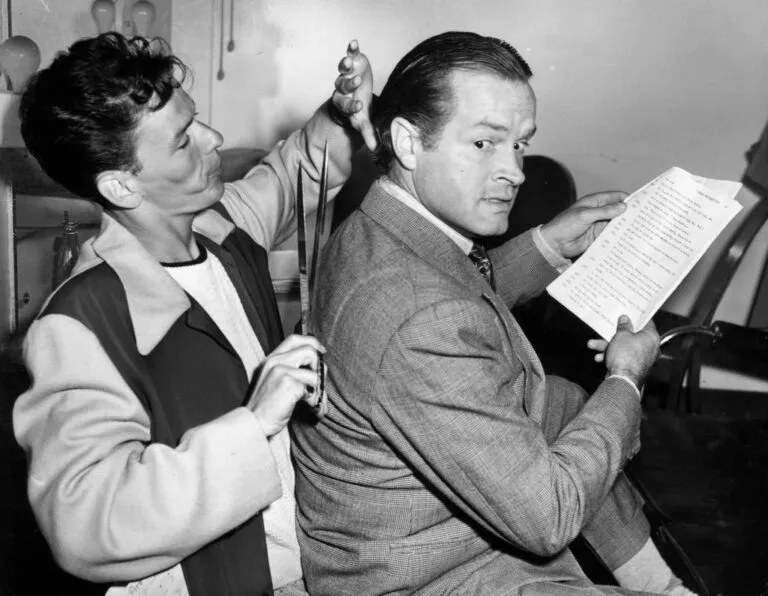
Sinatra had trouble with his lines and made odd comments about being Italian-American, which hurt his performance. Roger Ebert and other critics pointed out the strange jeering from the crowd.
Bert Schneider, director of the documentary Hearts & Minds, brought up the Vietnam War in his award speech, which made the evening even more tense. Schneider caused debate and anger in the crowd by reading a telegram from the Viet Cong Ambassador.
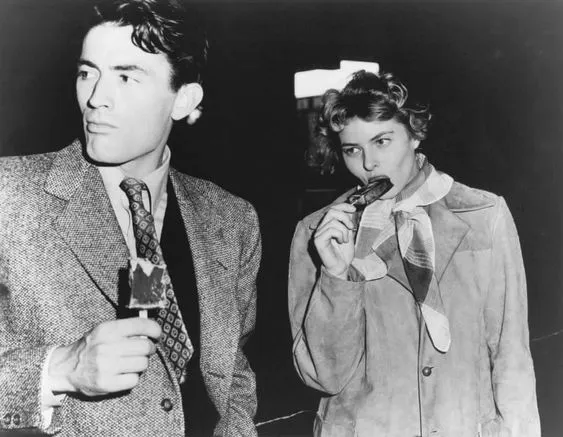
Bob Hope, a long-time supporter of the Vietnam War, quickly reacted and said Schneider’s comments were wrong. Shirley MacLaine, a co-host, disagreed with Hope and made it clear that she did not speak for the Academy. Warren Beatty added his voice, bringing to light the split between Hollywood’s progressive views and the top people in the business.
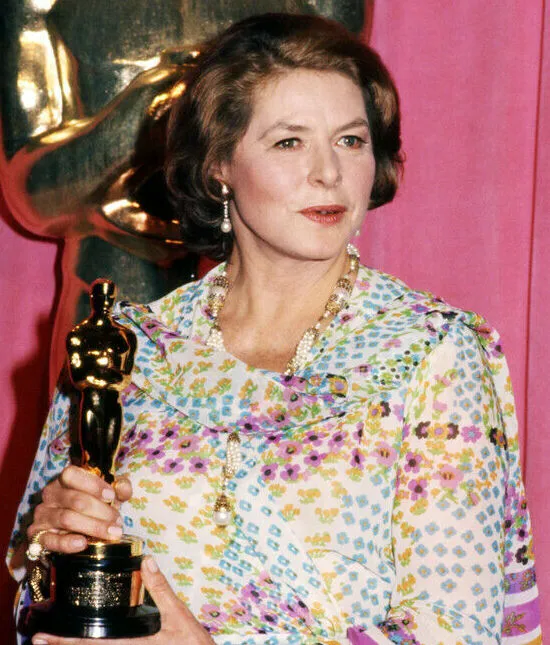
Ingrid Bergman’s speech accepting her award for Best Supporting Actress was a rare moment of grace in a tense situation. People saw Bergman’s win as an act of forgiveness that admitted Hollywood had done wrong by her in the past.
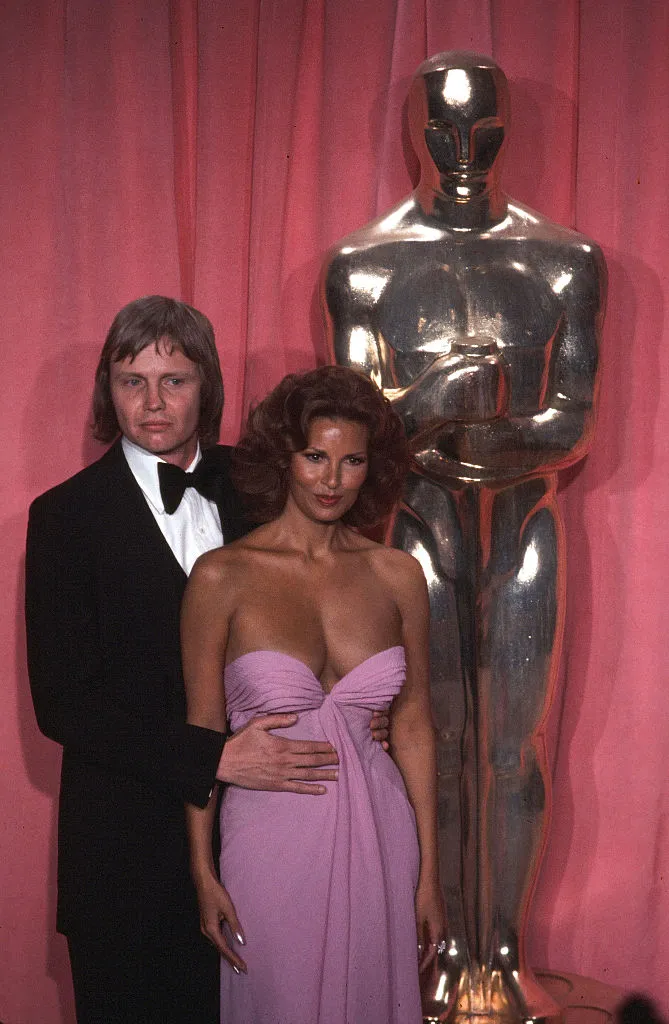
A picture of Jon Voight and Raquel Welch giving an award has gone viral, with people on social media arguing about how tight Voight’s grip is on Welch. Some say it’s out-of-date and wrong, while others say it’s just a product of its time.
The 1975 Oscars were full of the paradoxes of the time: personal victories, political statements, and the clash between old and new Hollywood. The event has lasting effects that give us a glimpse into a turning point in American history.
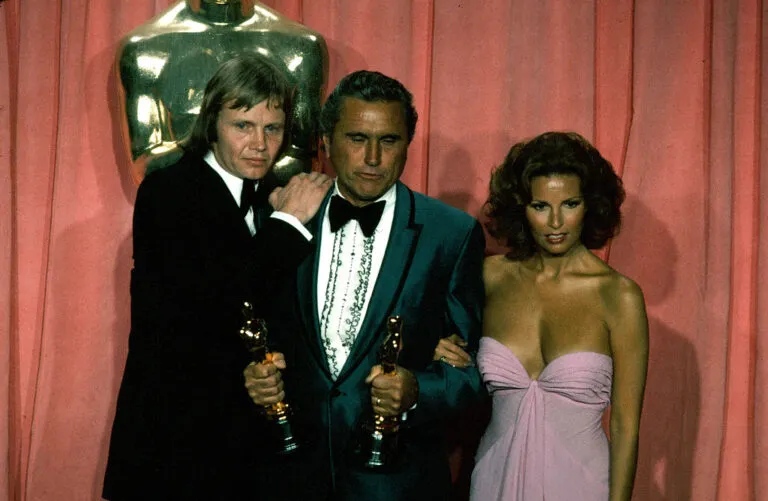
We are still fascinated by these famous pictures, which show how glamour, action, and social change are all connected in complicated ways. The Oscars from 1975 are like a time capsule; they tell us of how films can reflect and change our culture.


